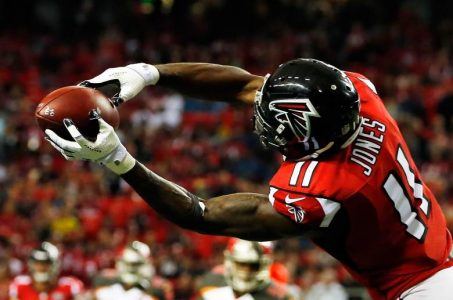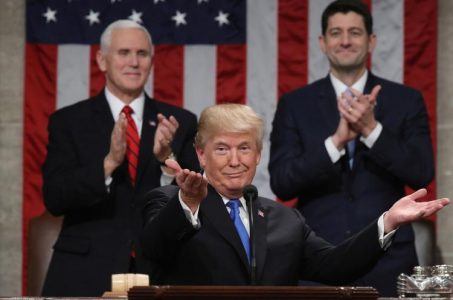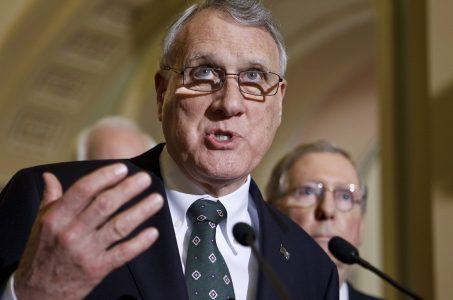iGaming Legalization Won’t Resemble Sports Betting, Says Expert
Posted on: January 10, 2025, 05:17h.
Last updated on: January 10, 2025, 05:17h.
A new year is here and with it comes optimism that more states will approve iGaming, but one industry expert believes the cadence of such approvals will not resemble what was seen with online sports betting.

In a recent conversation with Deutsche Bank analyst Carlo Santarelli, Richard Scheutz, who has more than four decades of gaming industry experience, said state-level green lights for internet casinos will not arrive at the pace seen with sports betting. Scheutz, the chief executive officer of American Bettors’ Voice (ABV), mentioned potential cannibalization of brick-and-mortar (B&M) casinos as one reason states aren’t rushing to approve iGaming.
B&M opposition to iCasino, which was always present, has increased, in the aftermath of both Pennsylvania and Michigan legalizing the product, and thereby giving operators more data from which to support / frame an opinion on the magnitude of B&M cannibalization stemming from the product,” wrote Santarelli.
Currently, just seven states — Connecticut, Delaware, Michigan, New Jersey, Pennsylvania, Rhode Island, and West Virginia — allow internet casinos. That compares with 38 and Washington, DC that permit some of sports betting. Missouri joins that group this year, making it 39.
Don’t Bet on Big iGaming Expansion in 2025
In a report out earlier this week, Santarelli noted a spate of state-level approvals of iGaming is unlikely this year.
The analyst mentioned Illinois, Indiana, Maine, Maryland, New York, and Ohio as candidates to take up related legislation, noting that the best odds of passage are in Maryland and Ohio. The industry and investment community would likely be somewhat satisfied with that outcome because it’d represent progress, but there would still be some level of disappointment if neither Illinois nor New York — the two largest states in that group — embrace internet casinos.
Wyoming is also a candidate to legalize iGaming this year, but that’s the smallest state in the country, meaning it’d likely do little to move the needle of broader approvals.
Santarelli noted the investment community is likely aligned with the view put forth by Scheutz that land-based casinos are hurdles for iGaming and broader approval of that form of wagering isn’t likely to take place this year.
California, Texas Comments
Scheutz and Santarelli also discussed the outlooks for California and Texas joining the list of states that allow sports wagering. Several years ago, the ABV chief executive officer was among the first to point out the 2022 ballot initiative by commercial operators to get sports betting approved was ill-fated and he was proven correct as that proposition was soundly rejected by voters.
He told Santarelli that operators appear to have learned their lesson and now recognize that the only path to sports betting in California is through, not around tribal casino operators.
“Mr. Schuetz is of the view that the tribes will work through balance of power issues, with the potential for a sharing of proceeds agreement, while the OSB operators primarily serve to provide brand equity and technological and operational expertise,” said Santarelli.
As for Texas, Scheutz told the Deutsche Bank analyst it’s possible sports betting gains momentum this year if it proves beneficial to the effort to bring Las Vegas-style casino resorts to the state. There are tailwinds for that plan due to the deep pockets of Las Vegas Sands (NYSE: LVS) shareholder Dr. Miriam Adelson, but it remains to be seen if Lt. Gov. Dan Patrick (R) changes his view on gaming expansion — something that appears unlikely for now.
For sportsbook operators, Texas would be the preferable addition over California because the former would allow for a competitive market free of mandatory accommodations for tribal gaming entities.
Related News Articles
Most Popular
Vegas Casino Resorts Install Detectors to Smoke Out Vapers — Report
Las Vegas Installs License Plate-Reading Cameras
Most Commented
-
Zillow: Town Outside Las Vegas Named the Most Popular Retirement City in 2024
— December 26, 2024 — 33 Comments -
UPDATE: Whiskey Pete’s Casino Near Las Vegas Closes
— December 20, 2024 — 33 Comments -
Oakland A’s Prez Resigns, Raising Questions About Las Vegas Move
— December 27, 2024 — 9 Comments -
UPDATE: Former Resorts World & MGM Grand Prez Loses Gaming License
— December 19, 2024 — 8 Comments
















No comments yet